

10 mixed questions

How many correct answers will you get?

How deep does your knowledge go?

How many correct will you get?

10 mixed questions

Lets see how smart you really are!

Click here to take the quiz

10 questions

Is your mind creative?
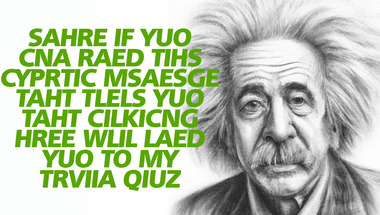
You got a math brain?

How many correct will you get?

Let me know your score in the comments

Did you pay attention in school?
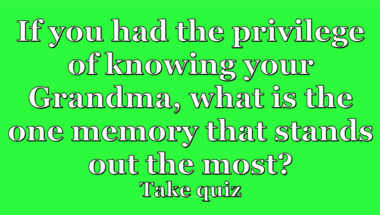
10 Impossible Questions

Expert questions for developed minds

How many correct will you get?

10 questions than even a monkey can answer

Is your IQ high enough for these questions?
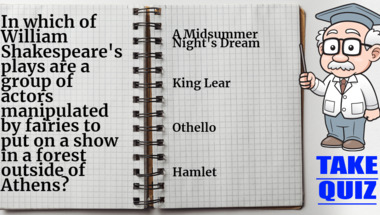
Mixed category quiz
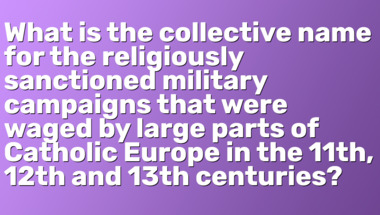
How many correct will you get?

10 questions in misc categories

10 questions to answer

What do you remember?
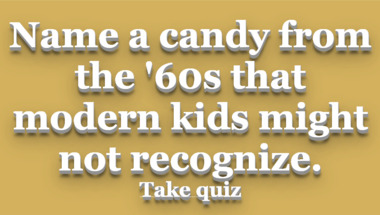
Are you smart enough for this one?
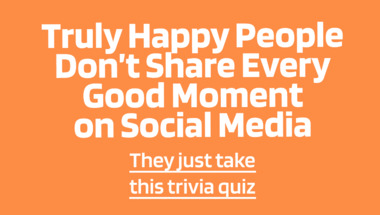
How many correct will you get?

10 food and cooking questions

10 mixed questions to have fun with

10 questions
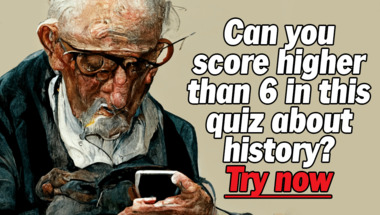
Are you ready? :)
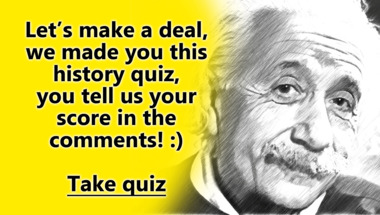
Level : VERY HARD

Most people wont even get 7 out of 10 correct

Tell your score in the comments!

Let us know your score in the comment section

How many correct will you get?

10 songs to guess

10 mixed questions

8/10 will only happen if youre a genius!

10 mixed history questions
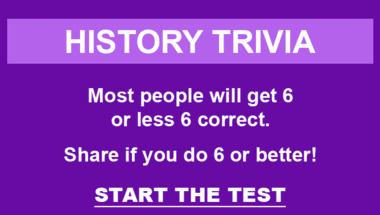
10 mixed trivia questions

Are you a genious?

10 Almost Impossible Questions
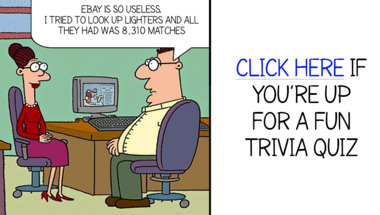
10 questions
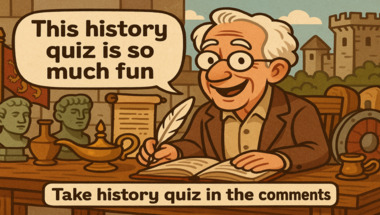
How many of these food questions can you answ..

10 questions to test your knowledge

Did you live in this awesome decade?
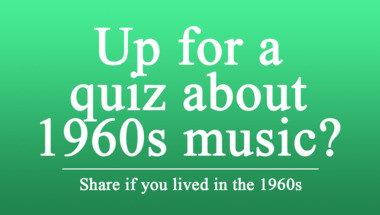
10 mixed questions
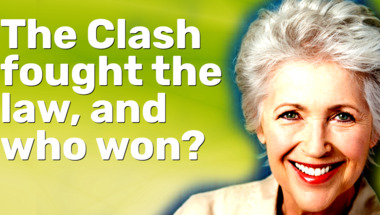
10 questions
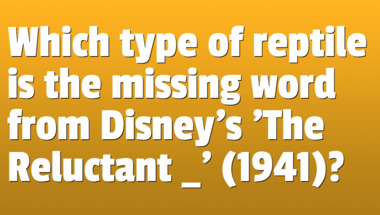
We wrote 10 questions in mixed categories

10 questions

Can you get more than half of them right?
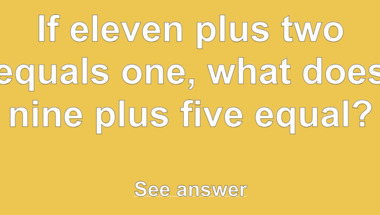
10 mixed questions to have fun with

10 mixed genereal questions

Take the quiz right here

Can you score 8/10?

How many correct answers will you get?

10 questions to answer

Let's see how smart you really are!
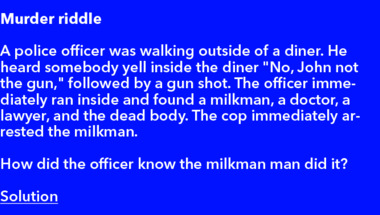
10 questions of mixed trivia

How many of them will you answer correctly?

Are You Expert Enough For This One? :)

Test your knowledge with these 10 quiz questi..
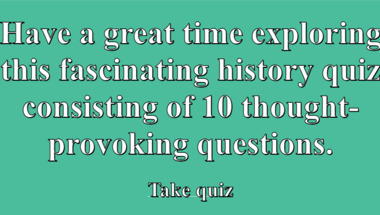
10 mixed questions

10 quite hard questions

10 enjoyable trivia questions

10 mixed trivia questions

10 flavourful questions

A trivia quiz that you will fail miserably

Can you score 8/10?

10 fun and challenging questions
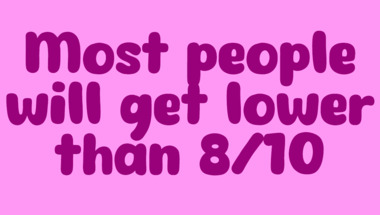
How high can you climb? Post in comments now

10 hard questions

Mixed categories
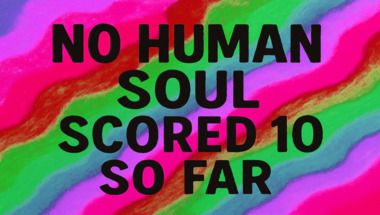
Target : score 3/10

10 fun questions

How many correct answers will you get?

10 Almost Impossible Questions

10 questions to answer

10 mixed up questions
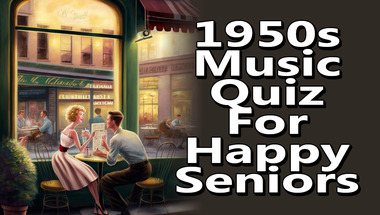
10 questions

10 expert questions
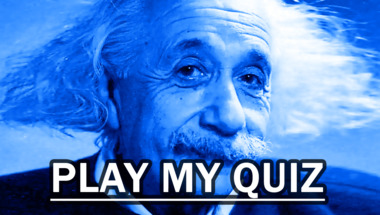
Here's a quiz for you!

10 mixed up questions

10 songs to guess
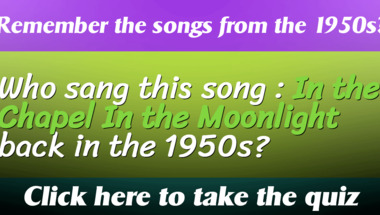
10 quite hard questions

10 random questions

How many correct will you get?

Will you lose the bet?

10 mixed questions to have fun with

10 questions

10 mixed questions
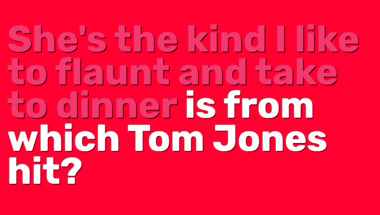
Do you know these amazing places?

How many correct will you get?
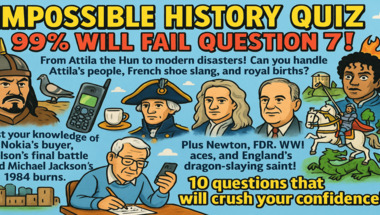
Can you correctly identify all of them?

Can you score 8/10?

10 questions

10 questions to answer
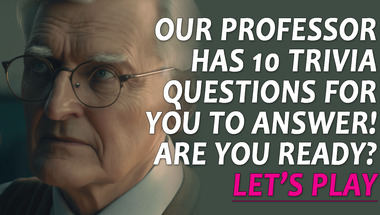
Score above 4/10 to beat it

We wrote 10 questions in mixed categories

10 rather difficult questions

Let's see how smart you really are!

10 questions

10 questions

10 questions to challenge your knowledge

Are you up for a quiz?
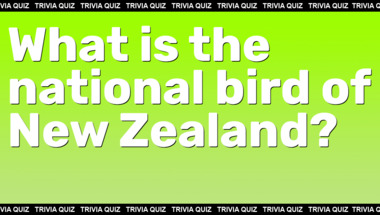
10 mixed questions for you

10 good questions
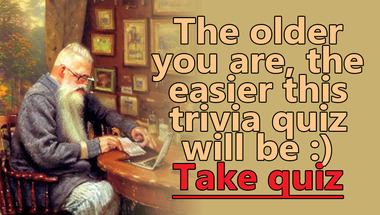
10 mixed questions

Let's see how smart you really are!

Test your knowledge with 10 trivia questions.

10 questions

How many of them will you answer correctly?

Do you have the brains?

10 mixed history questions

10 questions

10 questions to test your knowledge
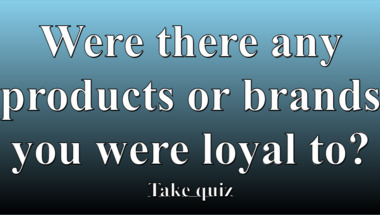
10 hard questions

10 quite impossible questions

10 mixed questions

10 questions of mixed trivia

10 questions to test your knowledge

Trivia questions are a delightful way to test and boost our knowledge on a variety of topics, from geography and politics to entertainment and science. Here, we’ll take an in-depth look at ten intriguing trivia questions, delving into the stories and facts behind each answer. Whether you’re a trivia buff or just curious, this guide will enrich your understanding of these fascinating tidbits from around the world.
1. What has not been used to power a train?
Throughout history, trains have been powered by a remarkable array of energy sources. The earliest trains were steam locomotives, burning coal or wood to heat water and create steam pressure. As technology advanced, diesel engines became popular, offering more efficiency and a cleaner alternative to coal. In many modern metropolitan areas, electric trains powered by overhead wires or electrified rails are ubiquitous.
Some experimental trains have even used more novel sources, such as compressed air or gas turbines. However, among all these options, certain sources like solar power have rarely, if ever, been used to power regular, full-sized trains due to the immense energy requirements and technological limitations, though a few experimental solar-powered trains exist for short routes or demonstrations. On the other hand, human power (apart from handcars) and wind power (via sails) are essentially non-existent in mainstream railway systems. Thus, when asked what has NOT been used to power a train, options like wind or purely human-powered trains would be correct.
2. In which island country is the terrorist organisation the Tamil Tigers based?
The Liberation Tigers of Tamil Eelam (LTTE), commonly known as the Tamil Tigers, was a separatist militant organization that sought to create an independent Tamil state in the north and east of Sri Lanka. This island nation, located off the southern coast of India in the Indian Ocean, has a diverse population, with Sinhalese as the majority and Tamils as a significant minority.
The Tamil Tigers waged a violent civil war against the Sri Lankan government from 1983 until their defeat in 2009. The conflict resulted in tens of thousands of deaths and massive displacement, leaving a lasting impact on Sri Lankan society and politics. The group was known for its well-organized military operations, use of suicide bombers, and rigid internal discipline. Their defeat marked the end of one of the world’s longest-running and most brutal civil wars.
3. Boxing Day falls on which day of the year?
Boxing Day is celebrated on December 26th every year, the day after Christmas Day. The origin of Boxing Day is often debated. Some say it began as a day when servants and tradespeople would receive gifts, known as Christmas boxes, from their employers. Others trace it to the tradition of almsgiving, when churches would open their collection boxes for the poor.
Today, Boxing Day is a public holiday in many countries that were once part of the British Empire, including the UK, Canada, Australia, and New Zealand. It’s typically marked by shopping sales, sporting events, and family gatherings. In the UK, it’s especially known for football matches and the start of the post-Christmas sales. In some countries, it has become so commercialized that it rivals or even surpasses Black Friday in terms of retail activity.
4. Silvio Berlusconi was charged with several crimes in which country, despite being a former Prime Minister?
Silvio Berlusconi, one of the most controversial and charismatic figures in recent European politics, served as the Prime Minister of Italy for multiple terms. Despite his political power and influence, Berlusconi faced numerous charges, ranging from tax fraud and bribery to allegations of corruption and abuse of office.
His legal battles were as high-profile as his media empire and political career. In 2013, Berlusconi was convicted of tax fraud and sentenced to community service, but he managed to maintain a significant role in Italian public life until his passing in 2023. The Berlusconi era left a complex legacy, intertwining media, business, and government in ways that continue to shape Italian politics.
5. Who took office in 2008 to replace Fidel Castro as the leader of Cuba?
After ruling Cuba for nearly 50 years, Fidel Castro stepped down in 2008 due to declining health. His younger brother, Raúl Castro, was officially appointed as the President of Cuba. Raúl had been Fidel’s right-hand man during the Cuban Revolution and served as Minister of the Armed Forces for decades.
Under Raúl’s leadership, Cuba witnessed a series of modest economic and social reforms, including the expansion of private enterprise, improved relations with the United States, and the loosening of certain restrictions on travel and property. While Raúl maintained the core socialist principles of the Cuban Revolution, his tenure marked a subtle but significant shift toward modernization and engagement with the wider world.
6. Who founded the Kodak company?
The Eastman Kodak Company, commonly known as Kodak, was founded by George Eastman in 1888. Eastman revolutionized photography by inventing roll film and introducing the first simple cameras that made photography accessible to amateurs as well as professionals. His famous slogan, You press the button, we do the rest, encapsulated the company’s mission to simplify the photographic process.
Kodak became synonymous with photography throughout the 20th century, dominating the film and camera markets for decades. Despite its early dominance, Kodak struggled to adapt to the digital revolution, leading to bankruptcy in 2012. However, the company has since reinvented itself, focusing on imaging, printing, and other technology solutions.
7. Who dressed as a woman in Tootsie?
Tootsie is a beloved 1982 American comedy film that follows the story of a struggling actor who disguises himself as a woman to land a role on a soap opera. The actor who famously dressed as a woman in this film is Dustin Hoffman. His portrayal of Michael Dorsey/Dorothy Michaels earned him critical acclaim and an Academy Award nomination.
The film is celebrated for its sharp wit, social commentary, and exploration of gender roles in both the workplace and society at large. Hoffman’s performance remains one of the most iconic in Hollywood history, and Tootsie is frequently cited as one of the greatest comedies of all time.
8. Kobe beef traditionally comes from which country?
Kobe beef is a world-renowned delicacy, prized for its exquisite marbling, tenderness, and flavor. It originates from Japan, specifically from the Tajima strain of Wagyu cattle raised in Hyogo Prefecture, where Kobe is the capital city.
Strict regulations govern what qualifies as authentic Kobe beef, including the cattle’s lineage, diet, and care. The result is a luxurious product often served in high-end restaurants around the globe. Due to its rarity and exceptional quality, genuine Kobe beef commands a premium price and is considered a culinary treasure.
9. Who was the first President of America?
The first President of the United States was George Washington. He served two terms from 1789 to 1797 and is often called the Father of His Country. Washington led the Continental Army to victory over the British during the American Revolutionary War and presided over the Constitutional Convention of 1787.
His leadership set many precedents for the presidency, including the tradition of serving only two terms, the establishment of a cabinet, and the peaceful transfer of power. Washington’s legacy endures in countless ways, from the nation’s capital bearing his name to his image on the one-dollar bill.
10. What do light years measure?
A light year is a unit of distance, not time, as commonly misunderstood. Specifically, it is the distance that light travels in a vacuum in one year, which is about 9.46 trillion kilometers (5.88 trillion miles). Astronomers use light years to express vast distances between stars and galaxies in the universe.
For example, the nearest star system to Earth, Alpha Centauri, is about 4.37 light years away. When we observe distant objects in space, we’re seeing them as they were when the light left them, which can be millions or even billions of years ago. Thus, light years not only indicate how far away something is but also how far back in time we are looking.
Trivia is more than just fun; it connects us to history, culture, science, and the fascinating world around us. Each of these questions opens a window into deeper stories, waiting to be discovered and shared.